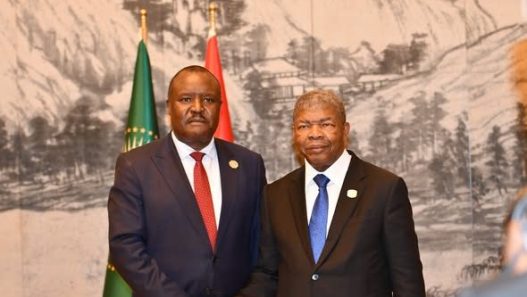Accra, Ghana – June 26, 2025
Parliament has passed the Public Holidays and Commemorative Days (Amendment) Bill, 2025, officially amending the Public Holidays and Commemorative Days Act, 2001 (Act 601). The Bill introduces Shaqq Day and reinstates Republic Day on July 1st as statutory public holidays. It also empowers the President to realign certain midweek public holidays to adjacent working days to create long weekends.
Moved by the Minister for the Interior, Hon. Alhaji Mohammed Muntaka Mubarak, the Bill was passed after the House adopted the report of the Committee on Defence and Interior, which recommended it be treated as urgent. The Committee’s Chairman, Hon. James Agalga, explained that the Bill fulfills the 2024 manifesto promise of the ruling National Democratic Congress (NDC) and addresses calls for greater religious inclusion.
According to the report, Shaqq Day—a day to be observed immediately following Eid-ul-Fitr—will now be joined by a similar arrangement for Eid al-Adha, completing the government’s pledge to the Muslim community to expand recognition of major Islamic observances in the national calendar.
The legislation also reclassifies Republic Day on July 1st from a commemorative day to a statutory public holiday, recognizing Ghana’s historic transition to a republic in 1960. Additionally, it abolishes Founder’s Day on August 4 and renames Kwame Nkrumah Memorial Day—marked on September 21—as Founders’ Day, in honour of the late President Osagyefo Dr. Kwame Nkrumah’s leading role in Ghana’s independence.
Another key provision enables the President to declare either the Monday preceding or the Friday following a public holiday that falls on a Tuesday, Wednesday, or Thursday as an additional holiday, through an Executive Instrument. This provision—excluding religious holidays—is expected to reduce midweek disruptions, improve work-life balance, and boost tourism.
Criticisms Over Legislative Prioritization
Despite the Bill’s passage, some Members of Parliament—particularly from the Minority side—criticized the government for prioritizing public holiday legislation over other critical policy bills that, in their view, would more meaningfully impact the lives of Ghanaians.
Opposition MPs expressed disappointment that while the government had promised urgency in dealing with legislation to curb illegal mining—especially in forests and ecologically sensitive areas—no such bill has been brought before the House.
Similarly, MPs lamented the lack of progress on the highly anticipated anti-LGBTQ+ Bill, the Property Rights of Spouses Bill, and other legal reforms seen as essential to social justice and national development. They questioned the government’s decision to fast-track a holidays bill while deferring action on laws with more immediate socioeconomic implications.
“The people are waiting for legislation that will protect their lands, improve social equity, and address fundamental national concerns,” Minority Leader and MP for Effutu, Osahene Alexander Kwamena Afenyo Markin noted. “Public holidays are important, but they should not overshadow the urgent reforms needed to safeguard our future.”
Despite these concerns, the Bill passed with the full support of both sides of the House, marking a significant change in Ghana’s statutory holiday structure, and reflecting both evolving national identity and a political effort to fulfill campaign promises.
Source: Clement Akoloh: Parliamentary Network Africa
